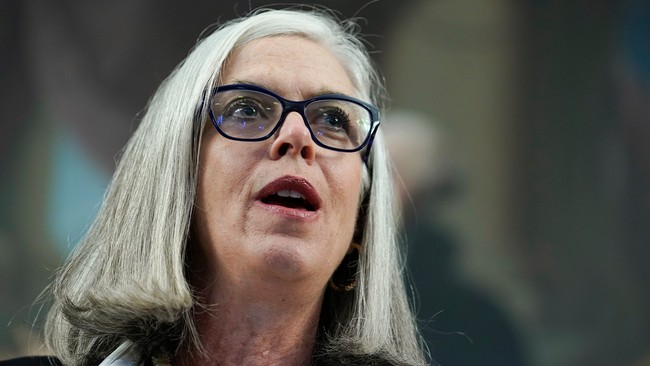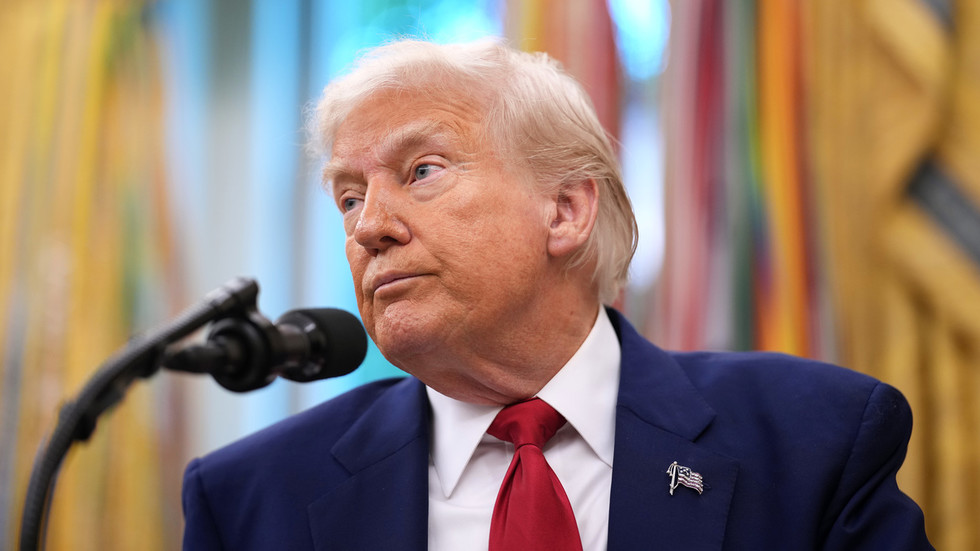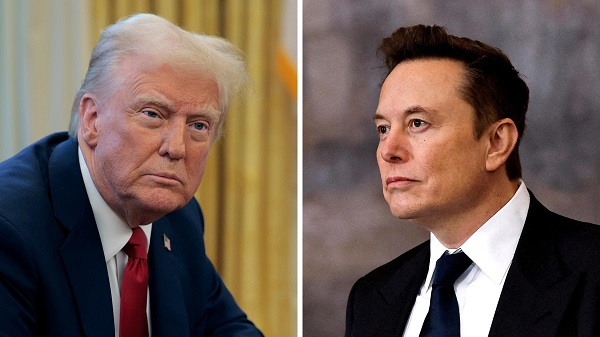Tesla's Challenges Grow as Musk Enters Political Fray with Trump

President Donald Trump and Elon Musk held a news conference on Friday, May 30, 2025, to mark the conclusion of Musk's 130-day tenure as a special government employee overseeing the U.S. DOGE Service. However, this event was overshadowed by rapidly escalating tensions, as Musk voiced sharp criticism of Trump's signature spending bill, labeling it an "abomination" due to its anticipated impact on national debt and urging his X followers to "kill the bill."
The policy disagreement quickly devolved into a public online brawl. President Trump retorted by calling Musk "CRAZY" and threatened to terminate government contracts and subsidies for Musk's companies. Musk defiantly replied, "Go ahead, make my day." This rift had immediate and severe financial repercussions: Tesla shares plunged 14% on Thursday, wiping out approximately $152 billion in market value—the largest single-day loss in its 15-year public history. Elon Musk's personal net worth also dropped by $34 billion, though he remained the world's richest person on paper.
More significantly, the feud signaled the collapse of a unique relationship that had blended business, politics, and power. The ramifications for Tesla, which fell out of the trillion-dollar club, could be severe. A senior White House official indicated President Trump was "not interested" in a call with Musk to resolve the dispute. This animosity could influence future regulations, investigations, government support for Tesla, and decisions on tariff exemptions the company sought for Chinese-made manufacturing equipment. Reports even suggested Trump was considering selling the red Tesla Model S he had acquired.
Tesla was already grappling with significant challenges before this public breakup. The company's revenue had slid 9% in the first quarter year-over-year, with automotive revenue down a stark 20%. This decline was attributed to increased competition from lower-cost EV makers in China and, according to the provided text, a consumer backlash to Trump's political activities and rhetoric. This performance was a stark contrast to the optimism following Trump's election victory in November, which had seen Tesla's stock rise about 30%, fueled by expectations of Musk's influential role in an administration he reportedly spent nearly $300 million to help return to power.
Instead of reaping benefits, Tesla has suffered, with Musk's own behavior cited as a primary cause. During his leadership of the Department of Government Efficiency (DOGE), one of his most divisive actions was dismantling USAID. Beyond U.S. borders, Musk endorsed Germany's far-right AfD party and made a gesture at an inauguration rally that many interpreted as a Nazi salute. These actions spurred widespread backlash, including vandalism and arson at Tesla facilities, peaceful protests at stores in North America and Europe, and boycott campaigns featuring slogans like "swasticars." The Vancouver International Auto Show even removed Tesla from its exhibitor list due to safety concerns.
Adding to Tesla's woes are President Trump's sweeping tariffs, which have raised concerns about increased costs for critical EV production parts and materials. In its first-quarter earnings report in April, Tesla refrained from promising growth for the year and stated it would revisit its 2025 guidance in the second quarter update.
The escalating crisis has drawn sharp criticism regarding Tesla's governance. Pension funds invested in the company have called for a leader dedicating at least 40 hours a week to solving its problems. New York City Comptroller Brad Lander described the Musk-Trump spat as a "schoolyard fight" highlighting how Tesla's "weak accountability measures and poor governance threaten not only the company's financial stability and shareholder value, but also the future of homegrown EV production." Maryland Comptroller Brooke Lierman asserted that Tesla's board "is not doing its job to ensure that there is a CEO at Tesla who is putting the company's interests first," adding that Musk's polarizing behavior continues to damage the brand. Tesla's board chair Robyn Denholm and other relevant executives did not respond to requests for comment.
Fundamentally, Tesla's business faces headwinds. The company has struggled to roll out innovative and affordable new EV models while competitors like China's BYD have aggressively expanded, especially in Europe. Analysts at Goldman Sachs recently lowered their price target for Tesla, citing a challenging outlook for 2025. Delivery numbers were tracking lower in the U.S., European sales saw a 50% year-over-year drop in April followed by another double-digit decline in May, and China sales for those months were down about 20% from the previous year. Quality concerns also persist, evidenced by eight voluntary recalls of the Cybertruck in 15 months for issues ranging from software bugs to sticking accelerator pedals.
In response to these challenges, Musk has urged investors to look towards a future dominated by autonomous vehicles and humanoid robots. However, Tesla appears to be lagging in the AV space, with Alphabet's Waymo already operating commercial robotaxi services. Musk promised a small-scale launch of a Tesla driverless ride-hailing service in Austin with 10 to 20 Model Y vehicles using Full Self-Driving (FSD) Unsupervised technology, but the much-touted Cybercab and Robovan remain distant prospects. Adding to concerns, Milan Kovac, Tesla's vice president of Optimus robotics, announced his departure from the company.
Investor sentiment remains divided. While some Tesla bulls and Musk loyalists see selloffs as buying opportunities and maintain faith in his long-term vision, others are skeptical. Josh Brown of Ritholtz Wealth Management described Tesla as a "nothing matters stock," suggesting its investor base disregards fundamental issues. FundStrat's Tom Lee considered the selloff "overdone." Conversely, Morgan Stanley's Adam Jonas highlighted Tesla's valuable, largely apolitical assets like AI leadership, autonomy, manufacturing capabilities, and renewable energy initiatives.
The immediate political fallout from the Musk-Trump feud includes the potential rollback of EV credits in the budget bill Musk opposed, which is now struggling in the Senate. Securing preferential treatment on tariffs also seems increasingly unlikely for Tesla. Matthew LaBrot, a former Tesla staff program manager terminated after protesting Musk's political activities, commented, "I am devastated for the country and the climate, though Elon only has himself to blame. Back a loose canon, expect stray canon fire."
As Musk's official role in the Trump administration concludes—his West Wing office was reportedly still to be cleared—his focus relative to Tesla, his primary source of wealth, remains uncertain given his commitments to SpaceX, xAI, and Neuralink. Following the public break with Trump, Musk took to X to poll his followers on creating a new political party in America, suggesting his entanglement with politics is far from over, ensuring Tesla, by extension, cannot easily escape the White House's shadow.












